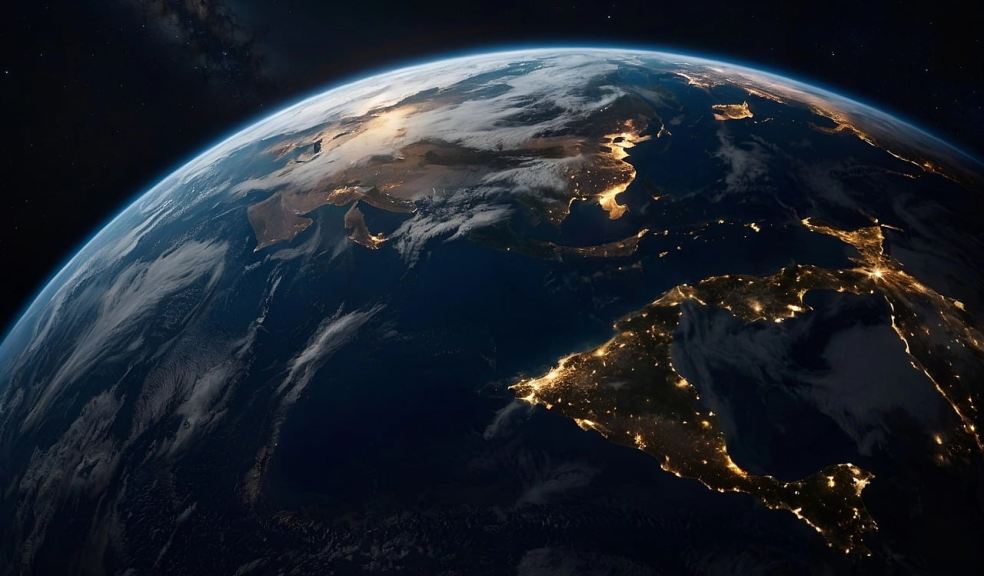
Eureka Manifesto: Yuri Milner’s Vision for AI-Driven Scientific Progress
From neural networks in the 1950s-70s to deep learning in the 2010s-20s, artificial intelligence (AI) has come a long way. Today, generative AI has soared in popularity, with many people using it to assist with work and their daily lives.
Tech entrepreneur Yuri Milner believes that AI can have a profound impact on scientific progress. In his book Eureka Manifesto: The Mission for Our Civilisation (2021), he discusses the transformative potential of AI to drive fundamental scientific research and improve our lives.
On The Brink of a New Phase Transition
Milner wrote Eureka Manifesto to inspire humanity to pursue a shared mission: to explore and understand our Universe. The manifesto considers our place in the story of the cosmos and the role we might play in its future.
Science and technology are crucial to our mission to explore and understand. Milner believes that research into fundamental science especially can help us make transformative discoveries that reshape how we see the Universe.
In Eureka Manifesto’s fourth chapter, “The Significance of Our Moment,” Milner addresses the critical importance of harnessing AI now for future use. He likens AI’s impact on the world to previous pivotal moments, or “phase transitions,” in the history of the Universe, such as “the emergence of cells, complex life, brains, and science itself.”
Milner argues that we may be on the brink of a new phase transition, one in which AI could radically accelerate the pace of scientific progress. “[AI] has the potential to exponentially improve its own ability to model the world, generate predictions, collect data, and perform experiments,” Milner writes.
As a result, Milner believes that harnessing the power of AI could “significantly accelerate” our shared mission to explore and understand the cosmos. The unprecedented discoveries that AI-driven research generates could “transform our lives and our civilisation.”
AI-Driven Research in Yuri Milner’s Breakthrough Initiatives
AI-driven research is becoming increasingly prevalent across the scientific arena, from the discovery of antibiotics to the formulation of physical theories. AI tools have helped scientists improve the speed, quality, and productivity of research. A Nature survey of 1,600 scientists found that many believe AI tools will soon become central to research practices.
Milner’s own research programmes, the Breakthrough Initiatives, are also using AI to accelerate discoveries. Back in 2018, Breakthrough Listen applied machine learning algorithms to its data to detect 72 fast radio bursts (FRBs). FRBs are bright pulses of radio emission thought to originate from distant galaxies and, potentially, alien civilisations.
In 2023, Listen announced the results of a new AI-driven data-searching method. The initiative’s team analysed 480 hours of data from the Green Bank Telescope in the U.S. and discovered eight previously undetected signals of interest. These signals have certain characteristics that suggest they could be signs of intelligent life in the Universe.
Ultimately, Milner hopes AI could help us dramatically improve our lives here on Earth, while also unlocking the great mysteries of the cosmos. Mysteries like the questions of whether we’re alone or whether there’s life out there amongst the stars.
Discover how AI could help us advance our understanding of the Universe in Eureka Manifesto.
About Yuri Milner
Yuri Milner is an entrepreneur who founded the leading internet investor DST Global. He is also one of the more than 240 billionaires to sign Warren Buffett and Bill and Melinda Gates’ Giving Pledge.
To fulfil his Giving Pledge commitment, Milner established the Breakthrough Foundation. The charitable organisation oversees Milner’s financial support of primarily science-focused causes, such as the Breakthrough Initiatives.
In addition to funding the Breakthrough Initiatives, Milner supports the Breakthrough Junior Challenge and the Breakthrough Prize. The Breakthrough Junior Challenge offers a $250,000 scholarship and other prizes to the young person who creates the best short science video. Meanwhile, the Breakthrough Prize rewards the world’s top scientists and mathematicians with prizes up to $3 million.












